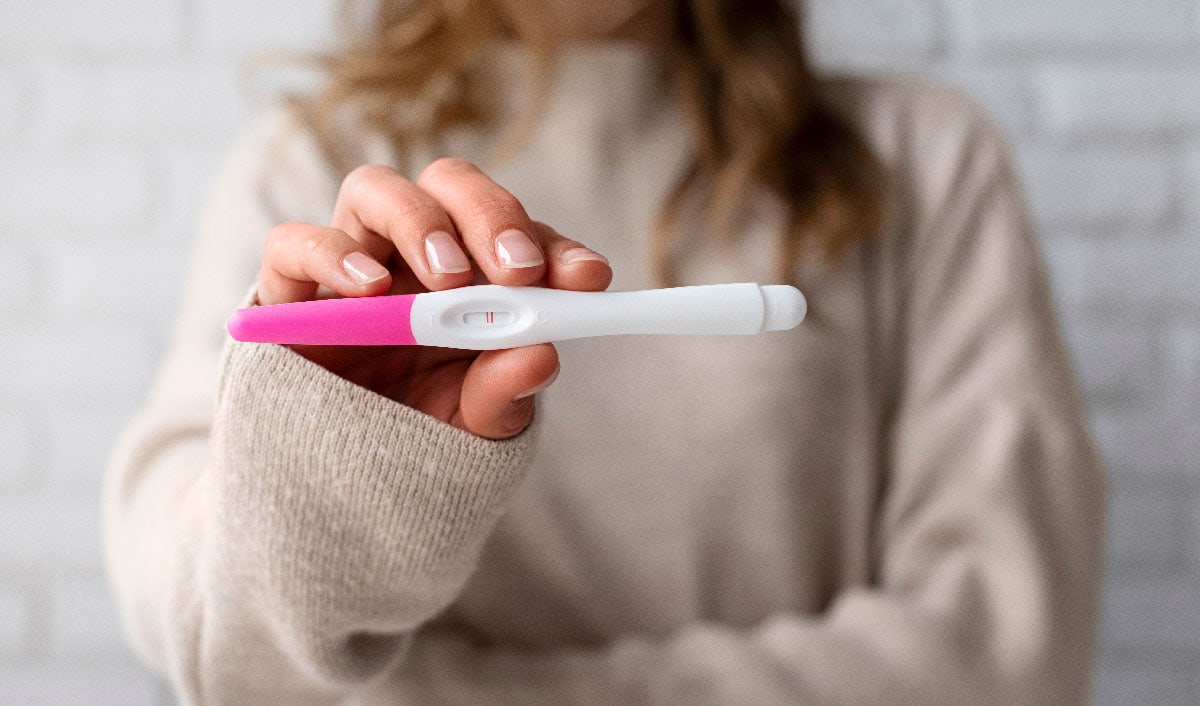As infertility rates increase, more and more couples are using assisted reproductive technologies (ART), including artificial insemination and IVF, to reach their dreams of parenthood. The increased demand for these procedures has resulted in an increase in sperm banking.
A sperm bank also referred to as a cryobank, is a facility that collects, freezes, and stores human sperm. The sperm kept at a sperm bank is either donated by men to be used by couples seeking sperm donations for artificial insemination or IVF procedures or is provided by men who want to preserve their own sperm for future use.
Why do men choose to bank their sperm for future use?
Male fertility can be compromised by a variety of factors and life events. Sperm banking offers men an insurance policy in the event that their fertility is diminished at the time in their life that they are ready to father a child.
Age is a key contributing factor to declining sperm count and sperm quality. As a result, some men choose to bank their sperm while they are young to ensure they have healthy sperm down the road.
Certain cancers and cancer treatments jeopardize sperm quality and fertility, so men facing these health conditions may choose to bank sperm before undergoing surgery or beginning chemotherapy and radiation.
Sperm banking is also helpful for couples who are trying to get pregnant via assisted reproductive technologies, and the man travels extensively or is deployed in the military. Banking sperm ensures that there will be sperm available when it is time to do the procedure.
Finally, some men who are choosing to have a vasectomy, a surgical procedure that involves cutting the tubes that carry sperm during ejaculation, desire to bank sperm in case they wish to have additional children following the vasectomy.
Why do men donate sperm?
Donated sperm is in high demand. As a result, men can earn money by donating sperm, which is then sold to infertile couples undergoing ART. While sperm banks have different qualifications and requirements, becoming a sperm donor typically requires health screenings and tests, all of which are performed by the facility at no cost to the potential donor.
Donated sperm is then cryopreserved (kept frozen) until it is sold, again at no cost to the donor. In most cases, the sperm donor has the option of donating anonymously, or he can choose to release his personal information to couples interested in purchasing donated sperm. In addition to earning money, some men feel good about donating sperm because it helps others achieve their dreams of becoming parents.
How does sperm banking work?
Advancements in technology have made sperm banking relatively convenient and affordable. To begin the process, a man will go to a facility and provide a semen sample. Or, he can use one of a few FDA-approved home kit to collect a sample in the privacy of his own home and send the sample to a clinical lab for storage. This method can help reduce the anxiety and stress that accompanies semen collection at a sperm banking facility.
Once the sperm sample has been collected, the banking facility will typically perform an analysis on the sample to determine sperm count and motility, along with screening for sexually transmitted diseases and other infections. The sperm sample is then transferred to specially designed vials, and a cryopreservative compound is added to help protect the health of the sperm during freezing and thawing. The vials are placed in the freezer, and the temperature is gradually decreased to the below freezing.
Sperm bank costs
The annual fees for sperm storage are different at each facility but are typically no more than a few hundred dollars a year. Sperm can be kept frozen for many, many years, and using frozen sperm does not increase the risk of birth defects. When a man wishes to withdraw his sperm, he must notify the sperm banking facility and request that sperm be shipped to his physician or a medical facility.
How do you know if a facility is reputable?
Before deciding which bank to use for sperm storage, be sure to do your homework. Ask about laboratory accreditation, state licenses, and Food and Drug Administration (FDA) compliance, and be sure you are aware of any fees associated with storing and withdrawing sperm.
And, if you are planning to purchase donated sperm, there are many, many factors to consider. FDA regulations require that sperm banks comply with standards for screening and testing of donors, maintain proper records, and undergo compliance audits. However, outside of these regulations, sperm banks are permitted to establish their own guidelines related to collection and sharing of donor information and limitations on the number of births from any one donor.
Want to Know More?
- Boost Your Fertility with Antioxidant Supplements
- Infertility 101: What You Need to Know First
- Male Infertility
- Female Infertility
- Infertility Medications






